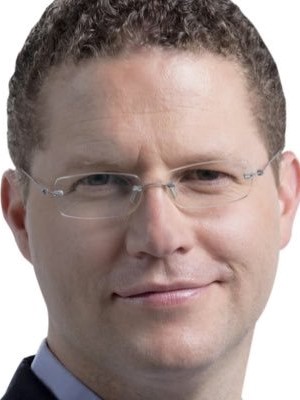Events
Dr. Mauricio Rodas is a nonresident senior fellow with the Atlantic Council’s Climate Resilience Center. He holds a JD from Universidad Católica de Quito and two master’s degrees in government administration and political science from the University of Pennsylvania, thanks to a Fulbright Scholarship. He started his professional career with the UN’s Economic Commission for Latin America and the Caribbean in Santiago de Chile and Mexico City. Later he worked as a policy consultant for the Mexican government. In 2007, he founded and served as the executive director of Ethos Public Policy Lab, a think tank based in Mexico now ranked among the most influential in Latin America by the Global Go To Think Tank Index Report.
In 2011, Rodas returned to Ecuador and founded SUMA, a national political party. In 2013, he ran for president of Ecuador; the following year was elected as mayor of Quito (2014-2019). During his period, Rodas was the hosting mayor of the UN’s Conference on Urban Sustainable Development – Habitat III. He also had an active leadership role in the main city networks: two terms as world co-president of UCLG, member of the global boards of C-40 Cities Climate Leadership Group, ICLEI, and the Global Covenant of Mayors for Climate and Energy. He is a young global leader and member of the Global Future Council on Cities and Urbanization of the World Economic Forum (WEF). In 2019, he was named one of the 100 Worlds’ Most Influential People on Climate Action by Apolitical; he also received UPenn’s World Urban Leadership Award and was named distinguished fellow on global cities from the Chicago Council on Global Affairs.
Currently, he is a visiting fellow at the University of Pennsylvania, where he is working on the “Cities Climate-Resilient Infrastructure Financing Initiative – C2IFI.” C2IFI aims to develop a knowledge hub to consolidate information about climate infrastructure financing opportunities for cities and facilitate access to these resources. Rodas is orchestrating a broad partnership with city networks, IFIs, UN Agencies, the private sector, and other organizations for this purpose.
